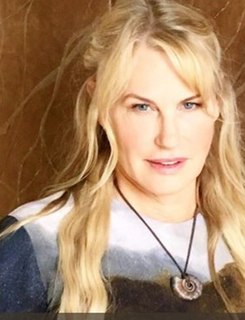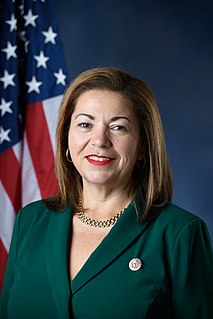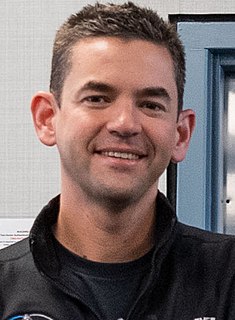A Quote by Kabir Sehgal
We need to have financial literacy in America, not just complaining about obstructionism. We need solutions. And I think the solutions are using high finance to make capitalism work for people around the world.
Related Quotes
I think the money for the solutions for global poverty is on Wall Street. Wall Street allocates capital. And we need to get capital to the ideas that are successful, whether it's microfinance, whether it's through financial literacy programs, Wall Street can be the engine that makes capital get to the people who need it.
I do feel that the world is entering into a period of the incredible period of reflection and introspection. A lot of people are questioning the future, and I can't help but think that's a positive thing. I'm not sure about the art world, but the design world may be able to offer some solutions. Design is about troubleshooting. As a designer, I ultimately feel like a gun for hire. Companies hire me because they've got a problem. That's kind of what it boils down to. And I think this is a moment in our history where we need different solutions.
I was encouraged to break all the rules but to take the best of philanthropy, the best of investing, and the best of development finance, and experiment with new ways to create this venture capital model of using philanthropy to back patient capital investments, and then build solutions that were measured in terms of the kind of impact and change they were making on people's lives and in the world, not just on the financial return.
The United States of America is still run by its citizens. The government works for us. Rank imperialism and warmongering are not American traditions or values. We do not need to dominate the world. We want and need to work with other nations. We want to find solutions other than killing people. Not in our name, not with our money, not with our children's blood.
Women still need higher political representation and to be included at decision making tables in all issues in order for solutions that relates from peace to food, to health, to basic stability in the world. We cannot continue to marginalize half of the population in the world in finding sustainable solutions that are good for all.
In the United States of America, unfortunately we still live in a bubble of unreality. And the Category 5 denial is an enormous obstacle to any discussion of solutions. Nobody is interested in solutions if they don’t think there’s a problem. Given that starting point, I believe it is appropriate to have an over-representation of factual presentations on how dangerous it is, as a predicate for opening up the audience to listen to what the solutions are, and how hopeful it is that we are going to solve this crisis.
































